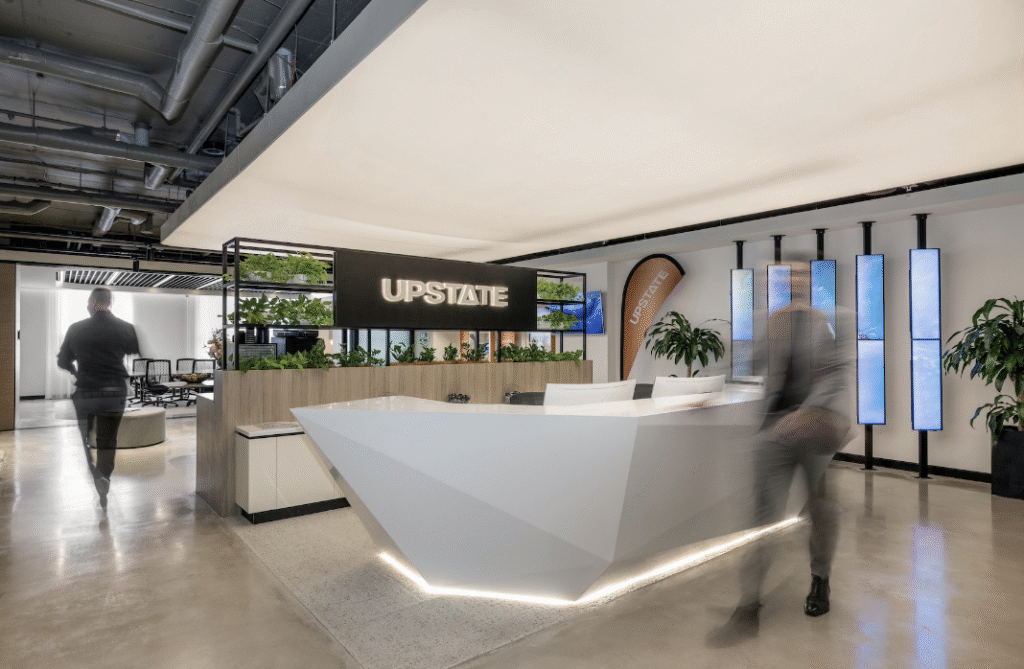We’ve all heard of retirees who find themselves in the position of being asset rich, but cash poor. While they may be living in a house valued at over $1million, they don’t necessarily have the cash-flow to ensure they’re able to live out their lives in comfort.
It’s not just retirees who face this predicament. Many businesses can find themselves in a similar situation.
For those businesses that own the premises in which their business is carried out, whether it be a shop, office, warehouse or factory, this may not be the most effective financial strategy.
In areas of Sydney, such as the Northern Beaches, where property values are relatively high, those businesses owning their premises will usually find that a large portion of the value of the business is tied up in an asset that is not liquid. In other words, if the business needs to access capital quickly, this is not easily achieved as it is mostly tied up in bricks and mortar.
The Benefits of Owning
There are definitely benefits for a business to own its premises. Owning the premises can provide the business with a substantial amount of stability.
If the business uses specialised machinery, equipment or fixtures that are difficult or expensive to move, or if the business requires extensive renovations, ownership of the premises may be preferable. The risk with renting is that a lease may not be renewed, and relocation costs can be prohibitive.
![]()
Owning the premises can also provide cost certainty thanks to relatively fixed overheads. Mortgage rates tend not to fluctuate like lease costs sometimes do. By owning a property, the business’s real estate costs will remain fixed for the mortgage period. By contrast, lease costs are affected by improvements to the building, changing real estate values, demand, and other factors. When leasing a business, there is no guarantee that at the end of a lease period, the rent won’t suddenly rise.
An Alternative Strategy: selling and lease back
For any business finding itself in the situation where its property is its major asset, it should conduct an opportunity-cost analysis. The benefit of owning a piece of real estate needs to be weighed against what else could be done with the cash if it were easily accessible.
For many businesses in a growth phase, it may make more long-term sense to sell the property and invest the capital in expanding the business. Using the freed-up capital to expand production, or boost marketing, could end up making the business a greater return that holding onto a piece of real estate.
If selling the property to free up capital is a strategy that makes greater financial sense, that doesn’t necessarily require the business to relocate.
The business could sell the property to an investor, rather than an owner-occupier, with itself as a pre-existing tenant.
The appeal of this strategy to an investor is that the sale will include a lease signed by a reliable tenant. The investor doesn’t face the prospect of having to advertise the property for lease, nor will they experience any vacancy time.
![]()
Prior to embarking on such a strategy, the current owner, who will become a tenant, should ensure the lease terms offer the flexibility to stay put or move the business to a different location when required.
How Can Upstate Help?
With many potential investors seeking to acquire commercial real estate in the Northern Beaches, Upstate is ideally placed to help find the right buyer.
We have decades of experience in the local commercial property sector and can help you find the right buyer who will be only too happy to buy a property with a pre-existing tenancy.
Call us today to discuss your options when it comes to selling commercial property in 2019! Click here to contact one of our commercial team members.






